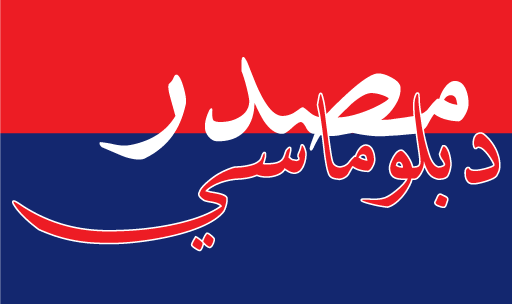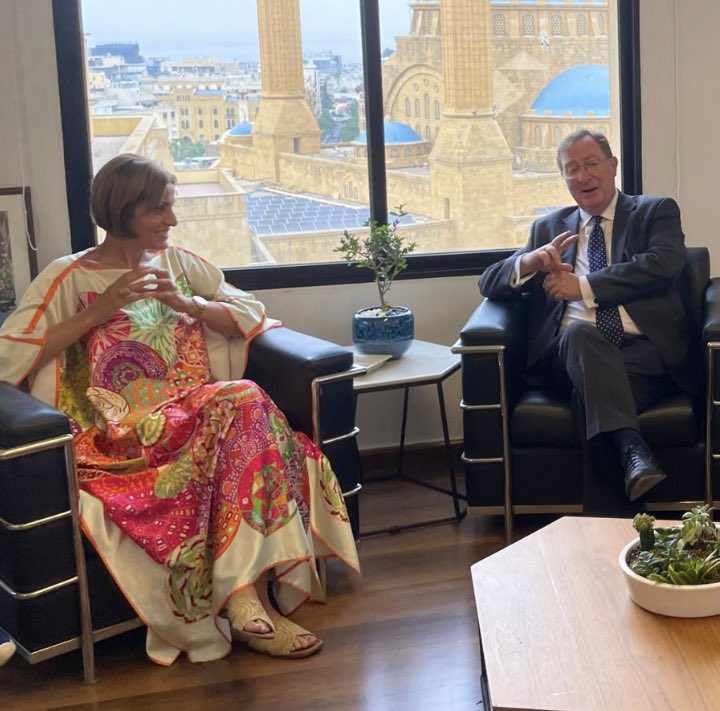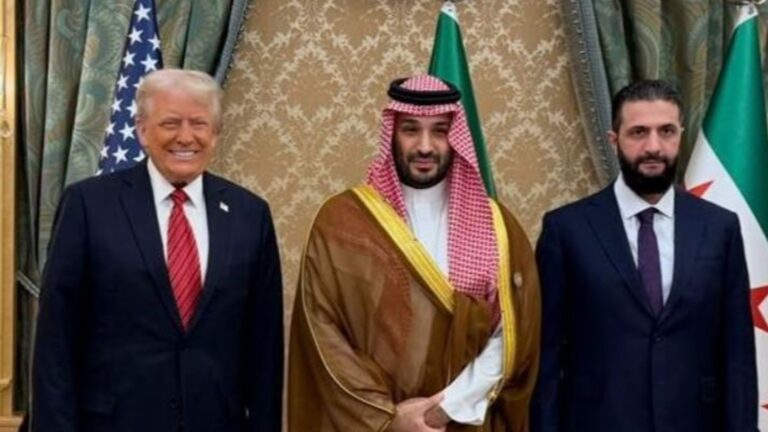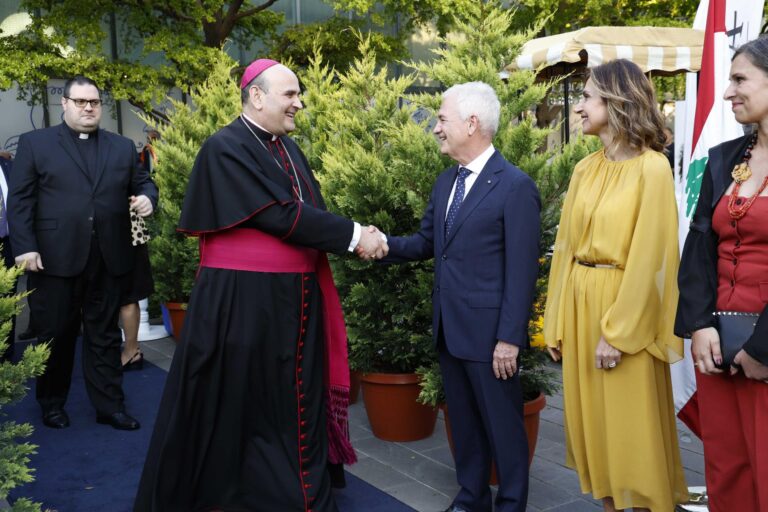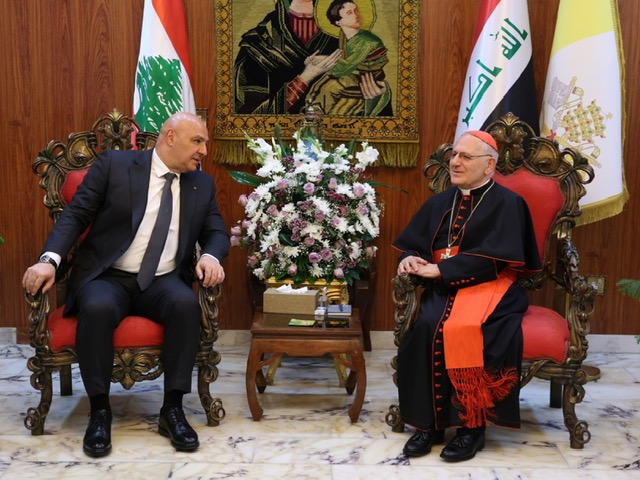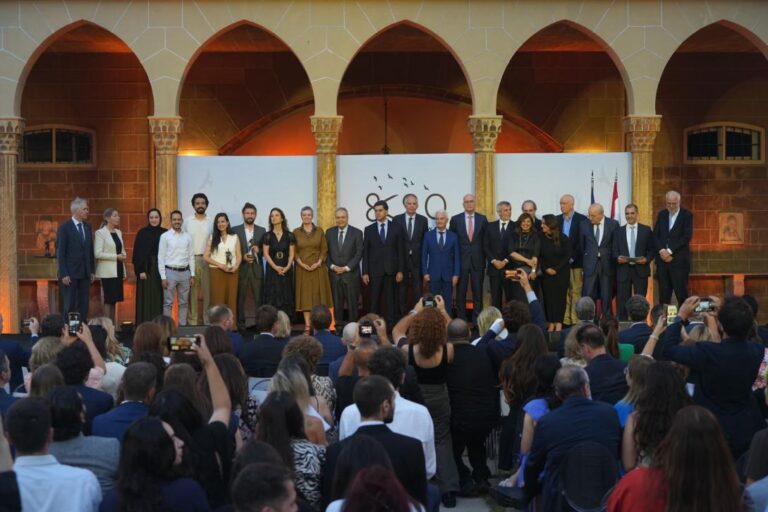Masdar Diplomacy-Marlene Khalife
Ingtroduction
UNIFIL’s Head of Mission and Force Commander, Major General Stefano Del Col, ruled out a war to take place between Lebanon and Israel amid success of UNIFIL’s liaison mechanism that engages both the Lebanese and Israeli sides. This has helped maintain a “semi-stable situation in south Lebanon”, said Del Col in a farewell interview with Masdar Diplomacy website.
The interview, which was held in Beirut, came prior to the end of his tenure of duty that lasted for three years and seven months. Major General Del Col- an Italian national- will be succeeded by the Spanish Major General Aroldo Lazaro Sainz, who will officially assume office on 28 February in a handover ceremony in UNIFIL Headquarters in Naqoura.
Major General Del Col has recently arrived from New York, where he took part in his last meeting on UN Security Council resolution 1701. In the interview, which tackled several headlines, Major General Del Col spoke with complete frankness away from restrictions that bound him as UNIFIL’s Commander. He appeared deeply affected to leave Lebanon that he described as his “second country”.
With regards to Hizbullah’s drone that flew into Israeli airspace and returned “safely” to Lebanon last Friday, triggering Israel to send its warplanes over Beirut, Del Col considered the event as a violation, adding “the incident is not new even if it is in south Lebanon where we operate from the Litani River in the north and the Blue Line in the south.” “Despite this, the incidents there remain very limited although what occurs above the Blue Line is considered a violation. What is important is that UNIFIL’s liaison mechanism remains active in such incidents in order to make direct contact with the parties to reduce escalation and tension between them. We have a special liaison team who works on both sides of the Blue Line… I make my contacts on behalf of UNIFIL with both the Israeli and Lebanese armies (…). Through our implementation of the tasks required by UNSCR, we have been able to reduce tension and maintain a semi-stable situation.” Del Col described the discovery of the tunnels in 2018 “as the most serious violation” during his tenure of duty.
Speaking on changing the rules of engagement, Del Col stated to Masdar Diplomacy, “the UN Security Council renews UNIFIL’s mandate annually. It also adds some new items mainly those in 2017, 2018 and in the past years.” He explained: “For this reason, the number of UNIFIL activities has increased in the South as stipulated by the resolution which states that UNIFIL must reconsider the way it operates, and therefore we have to change the decisions into tasks to help implement them by the Mission.”
On the incidents of Shaqra and Ramiyah, where people threw stones on both the Finish and Ghanian battalions, Del Col said: “We have suffered from limited incidents where it was impossible for us to technically delegate in the appropriate way. The matter was against one or few people. They have been convicted of a crime, and they must be held accountable for what they have committed. This happens all over the world. If you destroy a car, you will be held responsible for the damage. If you steal someone’s belongings, you will be held liable.” “This is what the UN and UNIFIL are asking for. People who have committed a crime should be held accountable, but this does not mean that we are not pleased to work with all municipalities.”
On the reason why problems occur with the battalions of certain troop contributing countries and not others, Del Col said: “Allow me to point out that UNIFIL is an integrated and unified mission. It is impossible to differentiate between one country and another. All troops are peacekeepers and are equal. Thus, we have not faced the preference of people to a country against another. This could happen with all the battalions of the 46 countries; however, this is not important as they are considered as peacekeepers. This is how UNIFIL operates. We also hope that the Lebanese army will increase its number of activities that we carryout jointly in our area of operations.”
On UNIFIL hosting the maritime negotiations in Naqoura, Major General Del Col said that “UNIFIL bears logistical responsibility in terms of organizing the meetings which take a wide range of discussions. The US mediator has the authority to deal with the parties in order to reach a final agreement. These talks enjoy a full political support from the Office of the UN Special Coordinator for Lebanon (UNSCOL), and logistical support from UNIFIL. “I hope an agreement is reached soon for the benefit of both parties.”
With regards to the interdependence of the two tracks, i.e., land and maritime borders between Lebanon and Israel, Del Col said: “Israel will leave this as a final discussion point. The maritime borders are under the umbrella of the US and the International Law, whereas the Blue Line is a technical line without bias or any other agreement. Another agreement means a peace process i.e., Peace agreement, and hence the final state of the solution is a peace process. This means turning the Blue Line into a real border between Lebanon and Israel.” “The two debates are sequentially linked from the Lebanese side; that is, demarcation of the maritime borders will be followed by the Blue Line.” “What I have requested is that the activities should be conducted in parallel; that is the maritime borders under the responsibility of the US, and the Blue Line under the responsibility of UNIFIL.” “This will be seen in the future,” he added.
Finally, Major General Del Col expressed a strong hope saying: “I hope, when I return to Lebanon as a civilian in the future, not to find any peacekeeper in the South. I also hope that UNIFIL “disappears”, and therefore there will be no longer a necessity to deploy a peacekeeping mission in the South with 10,500 soldiers, and the peace process has gone forward.”
